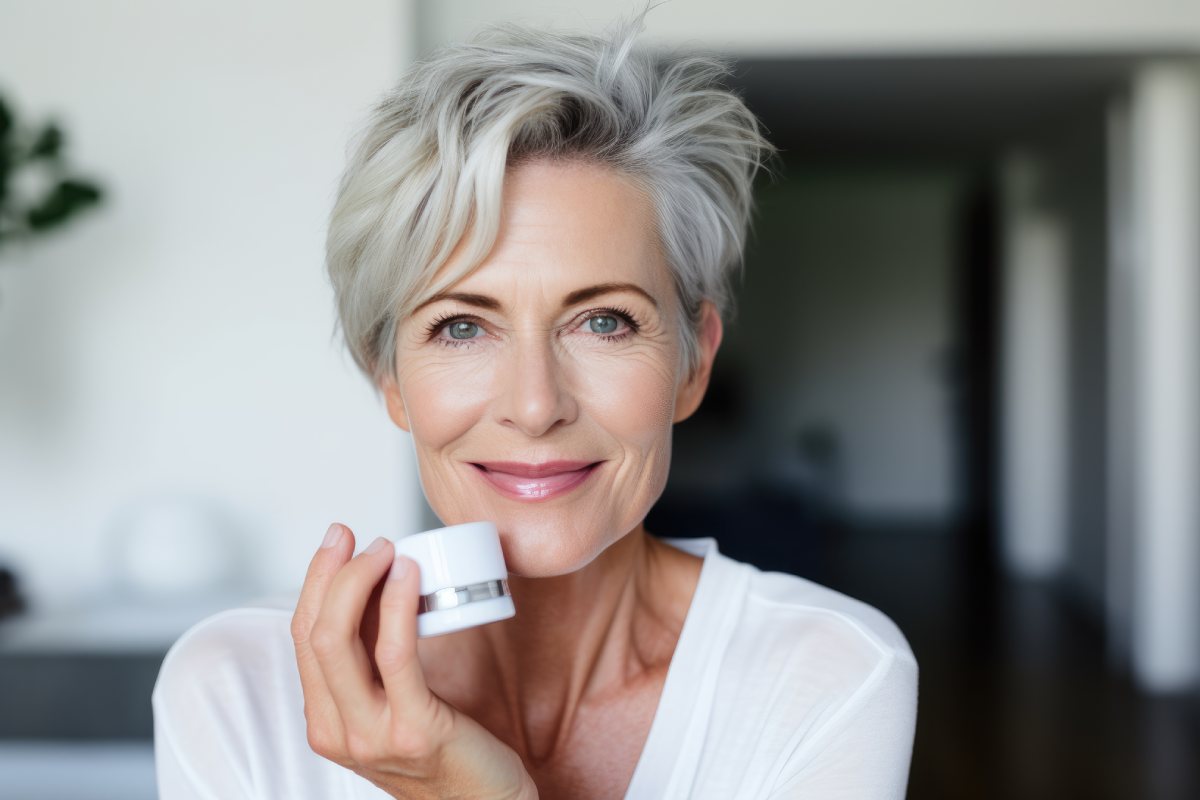Hormones are vital to our overall health, and they also play a crucial role in the appearance of our skin and hair. As we age, hormonal fluctuations can lead to various skin and hair concerns.
Hormones are vital to our overall health, and they also play a crucial role in the appearance of our skin and hair. As we age, hormonal fluctuations can lead to various skin and hair concerns. Thankfully, hormone therapy (HT) can offer significant benefits for those dealing with these issues. Whether you’re struggling with acne, thinning hair, or dry skin, hormone therapy could be the solution.
Hormonal Imbalances and Skin Health
During puberty, pregnancy, menopause, or other hormonal shifts, many people experience skin changes such as acne, dryness, or increased sensitivity. For women, the decrease in estrogen levels during menopause can lead to thinner, drier skin that is more prone to wrinkling. The lack of estrogen also reduces collagen production, the protein responsible for skin elasticity, contributing to signs of aging.
On the other hand, an imbalance in androgens (male hormones) can cause oily skin and acne. This is commonly seen in women with polycystic ovary syndrome (PCOS) or those going through menopause.
The Role of Hormone Therapy in Skin Health
Hormone therapy can restore balance and bring noticeable improvements in skin appearance. For women experiencing menopause-related skin issues, estrogen therapy can improve skin hydration and elasticity, reducing the appearance of fine lines and wrinkles. Estrogen also supports collagen production, which helps maintain skin’s firmness and smoothness.
For individuals with acne caused by high androgen levels, anti-androgens or other hormonal treatments can reduce oil production, leading to clearer skin.
Hormones and Hair Growth
Hormones also play a significant role in the health of our hair. During menopause, many women experience hair thinning or loss, often due to a drop in estrogen and progesterone levels. Testosterone can also contribute to male-pattern baldness, both in men and women.
Testosterone therapy for transgender men can stimulate hair growth, particularly facial and body hair, while estrogen therapy for transgender women may help manage thinning hair by balancing out the testosterone levels that can lead to hair loss.
Managing Side Effects
While hormone therapy can improve skin and hair health, it’s essential to monitor for side effects. Estrogen therapy can increase the risk of blood clots, and testosterone therapy can affect liver function over time. It’s essential to work with a healthcare provider to tailor hormone therapy and make adjustments as needed based on your skin and hair health goals.
Conclusion
Hormone therapy offers a promising solution for those looking to address skin and hair issues caused by hormonal imbalances. Whether it’s reducing acne, improving skin hydration, or stimulating hair growth, HT can play a pivotal role in restoring balance and promoting healthy skin and hair. If you’re struggling with skin or hair changes related to hormones, consult with a healthcare professional to determine if hormone therapy is the right option for you.

